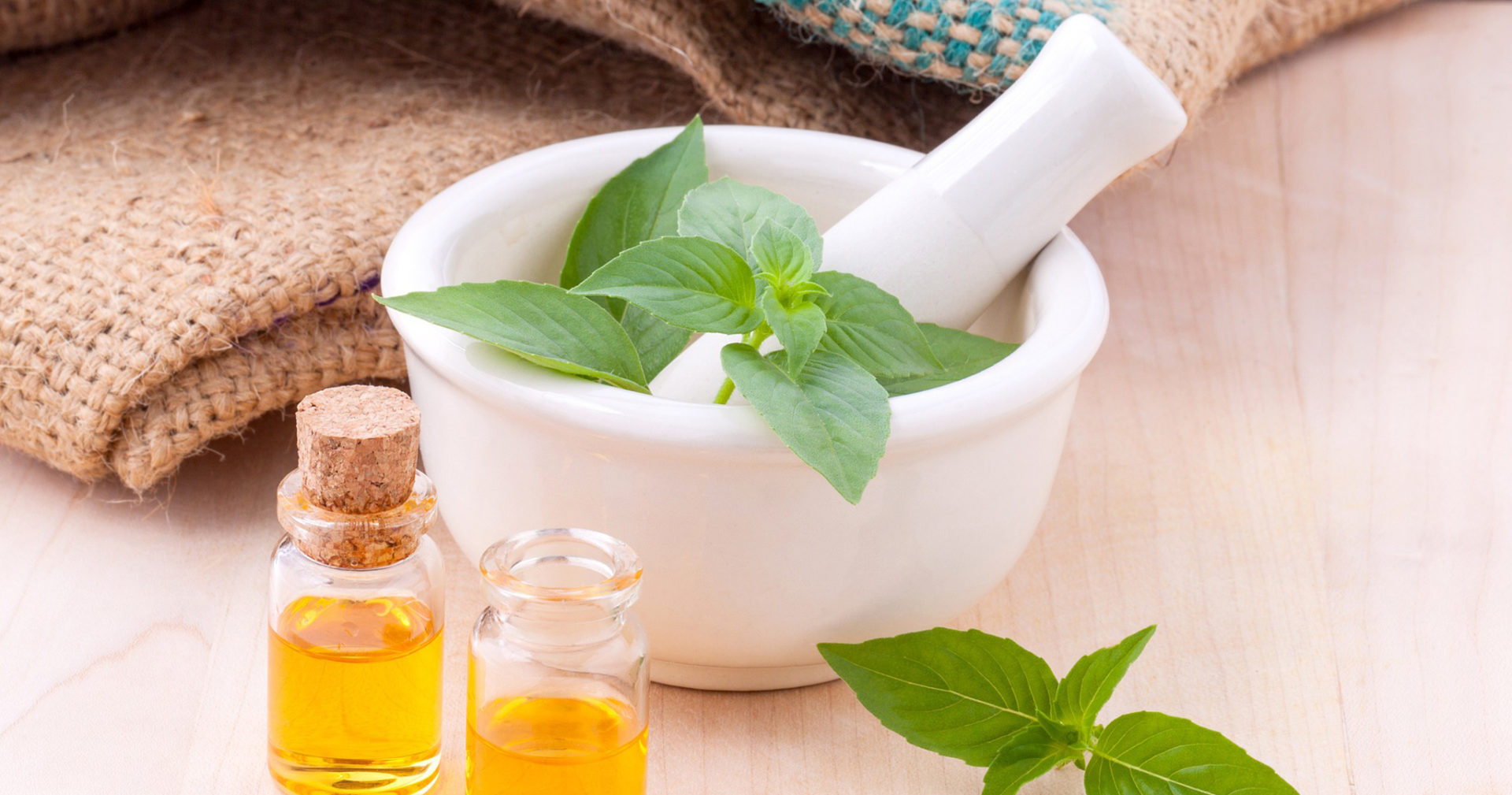The media has helped us see now that olive oil is an important component in a healthy diet. Olive oil, and especially extra-virgin olive oil, has many beneficial qualities. I have been using olive oil in my diet and in recipes for almost 20 years, since I met my ex-husband.
While my marriage didn’t last like I thought it would, I was really lucky to have married into a Greek family who owned a field of olive trees. Annually we would go to Greece to help with the harvest. It was in the mountains of Arcadia that I first experienced the deep pain of carpal tunnel in my wrists. But the pain was far trumped by the amazing landscape, the smell of nature, and the beauty of the harvest.
You may have seen studies that show people who consume a Mediterranean diet have lower risks of some cancers, and researchers believe that in large part it has to do with the olive oil consumed in the diet. Olive oil is extremely rich in antioxidants, which helps on many levels. I read that virgin olive oil’s antioxidants include mostly hydrophilic phenols, but also tocopherols and carotenes. It is a nutraceutical, a food that contains health-giving additives and has medicinal benefit.
But, um, back to what olive oil can do for you. It can help your heart. It is a monounsaturated fat, which improves the endothelial function of your arteries, making your heart stronger. Incorporating 3-4 tablespoons a day of the liquid gold (as a replacement for other fats) can reduce the amount of blood pressure medication for hypertension! (according to this study) Olive oil is also suspected to help prevent blood clotting.
Impressively, your brain is also better off when you consume olive oil. Apparently oleocanthal, a polyphenol found in EVOO, “has the potential to reduce cognitive decline that comes with aging, including Alzheimer’s disease.” (according to California Olive Ranch)
Oleocanthal has also been shown to reduce inflammation, which we know is a leading cause of cancers. A group in 2005 shared the correlation between olive oil and ibuprofen. In short, they suggest that 50 g of extra-virgin olive oil is absorbed, it is as effective as taking 9 mg of ibuprofen (about 10% of the recommended adult dosage).
Olive oil has also been suggested to help reduce inflammatory markers and inhibit oxidative stress, which in plain terms means that people with rheumatoid arthritis could benefit from increasing their olive oil consumption. (read the study abstract)
When we eat a diet rich in whole foods, and avoid excessively sugared, processed, fried foods, that’s already a step in the right direction. Introducing a little more olive oil into your diet will help promote a healthy eating lifestyle, and will apparently give you many, many health benefits.
I remember years ago, when my (ex)mother-in-law was teaching me her Greek village recipes, I was always amazed by how much oil she included. On everything. I was living in New York City at the time, when a half liter bottle was at least $12. But this stuff came from her backyard, which made it seem like there was an endless supply.
She used olive oil as a moisturizer for her face and hands. When she had constipation, she drank a shot of it. She even used it to keep her votive candle burning! That woman lived to be a very healthy and strong woman into her 80s, with smooth skin.
You don’t have to move to the mountains of Arcadia, Greece, to heal your body. You can find Extra Virgin Olive Oil just about anywhere these days. Use it instead of butter in a recipe; use it as a dressing in your salad; add a little to your veggie or pasta dish. When I make waffles or pancakes, I always add oil to the batter and I never need spray to get the waffles or pancakes off the griddle.
These are just a few tips of how to incorporate oil into your diet. What other ways do you increase the amount of EVOO in your daily life? Please comment below!





